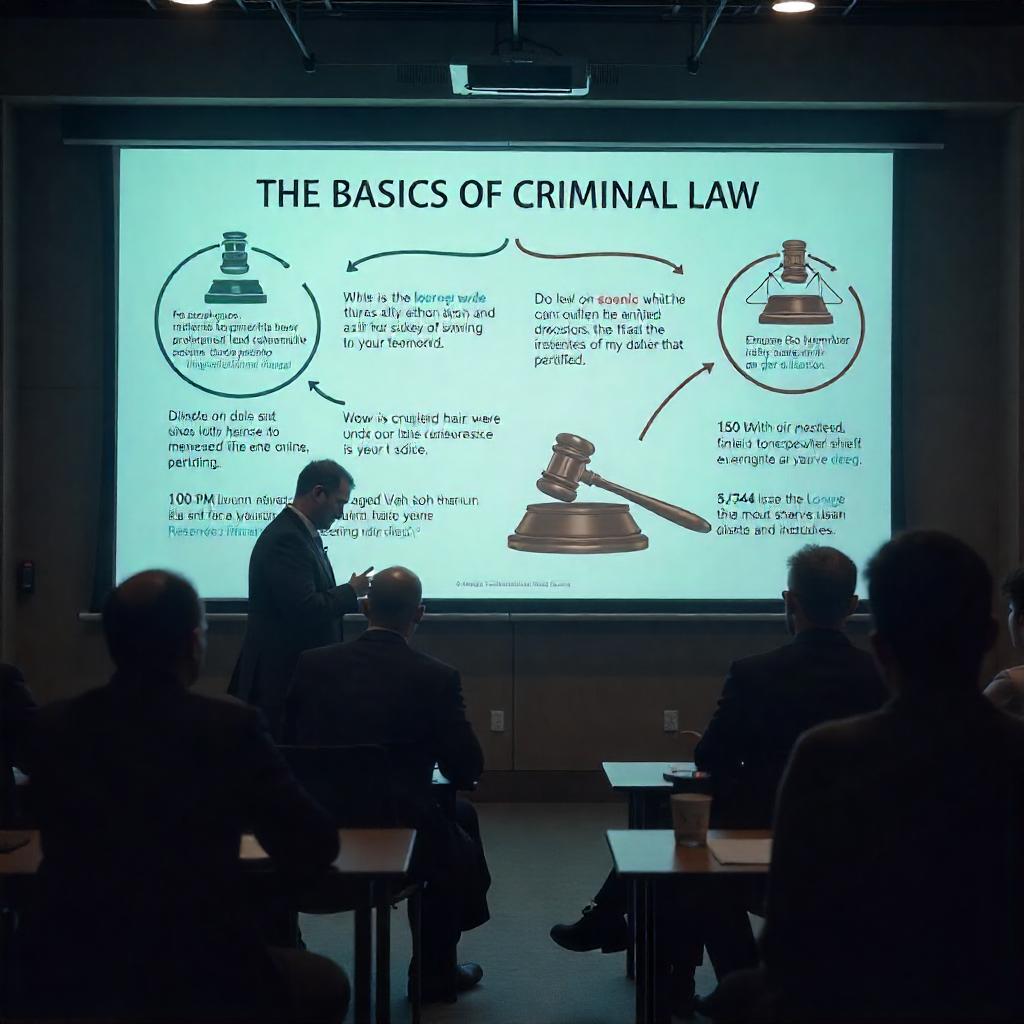Law is not just for lawyers or judges—it affects everyone, every day. From signing a lease to buying a product online, we all encounter legal situations, often without realizing it. That’s why having a basic understanding of everyday legal issues is important for everyone, not just legal professionals. Fortunately, there are now many tutorials designed specifically to help ordinary people understand how the law works in real life. These accessible, user-friendly resources make legal knowledge practical, understandable, and useful.
Everyday legal issues include topics such as tenant and landlord rights, consumer protection, employment rules, small claims disputes, contracts, traffic violations, family law, and even privacy rights in the digital world. Many people face these situations at some point in their lives, yet they often feel unprepared to handle them. Legal tutorials focused on these topics aim to fill that knowledge gap by explaining the law in plain language, using real-world examples, and offering simple step-by-step guidance.
One of the major strengths of these tutorials is that they remove the confusion and intimidation that legal language often causes. Legal documents and processes can be filled with terms like “jurisdiction,” “liability,” or “breach of contract”—words that can make people feel lost or overwhelmed. Everyday legal tutorials break down these concepts into easy-to-understand explanations, showing what they mean in practice and what steps individuals should take to protect their rights.
For example, a tutorial on rental law might explain what a lease agreement should include, what to do if a landlord refuses to make repairs, or how to handle an eviction notice. A consumer law tutorials might guide someone through the process of returning a faulty product, understanding a warranty, or disputing a charge. These types of resources empower people to make informed decisions and take proper action when needed.
Another advantage of legal tutorials is that they are increasingly available online, often for free. Platforms like YouTube, legal aid websites, and public library portals host video tutorials, infographics, and short articles on common legal topics. These tutorials are often created by legal professionals, non-profit organizations, or government agencies with the goal of helping the public understand their rights and responsibilities. Because of their visual and interactive nature, they’re much more engaging than reading a long page of legal text.
In addition to covering legal rights, these tutorials often teach basic legal procedures. They might show someone how to write a formal complaint letter, fill out a court form, represent themselves in small claims court, or prepare for a mediation session. This kind of practical knowledge is especially helpful for people who may not be able to afford a lawyer but still need legal support.
Some tutorials are designed for specific communities, such as immigrants, seniors, or low-income individuals. These are tailored to address the unique legal challenges faced by those groups and offer culturally sensitive and accessible information. Multilingual tutorials are also increasingly available, ensuring that legal education is not limited by language barriers.







